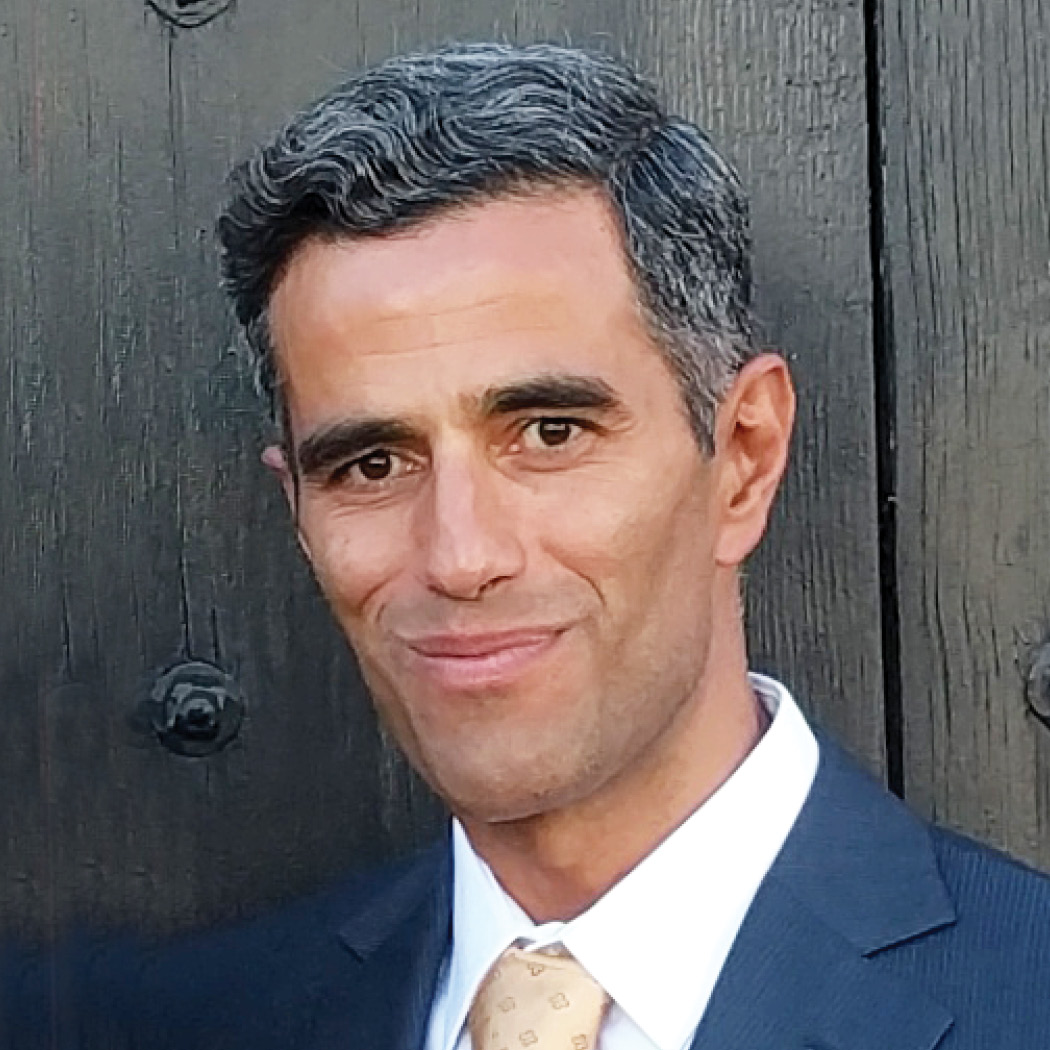Clinical Microbiology

Niaz Banaei, MD
Professor of Pathology and Medicine (Infectious Diseases)
Director, Clinical Microbiology Laboratory
Associate Director, Clinical Virology Laboratory
Associate Program Director for Clinical Pathology Residency Training (CP)
Program Director, Clinical Microbiology Fellowship Program